 Most fabric softeners can have a negative effect on a septic system, but there are better alternatives.
Most fabric softeners can have a negative effect on a septic system, but there are better alternatives.
Fabric softeners coat our clothes with a subtle layer of slimy chemicals, which is what makes them feel a little softer. Fabric softeners coat the surface of a fabric with chemical compounds that are electrically charged, causing threads to “stand up” from the surface and thereby causing the fabric to feel softer. The electrically conductive fabric softener chemicals may also prevent buildup of static charge that can occur in clothes dryers. The most common softening chemicals are called “quats” (short for quaternary ammonium compounds). Ammonia compounds contain NH4. N is for Nitrogen, which is a fertilizer and is the leading cause of algae blooms in salt water marshes and rivers. Nitrogen is also attributed to many contaminated wells and is a contributing factor in many illnesses.
In addition to fabric softening chemicals, fabric softeners may include acids or bases, petroleum products, silicone-based anti-foaming agents, emulsion stabilizers, fragrances and colors. The fragrances in most fabric softeners are a mixture of hundreds of untested chemicals, including toxic ingredients and fragrances which are among the world’s top five allergens.
Hazards for the septic system
- Most fabric softeners contain quats, which have antibacterial qualities. While it might sound useful to keep clothes germ-free, freshly washed clothes are already clean, and overuse of quats may lead to development of antibiotic-resistant superbugs. Quats, in sufficient levels, can kill off beneficial bacteria in the septic tank, advanced treatment unit and soil dispersal system.
- Emulsion stabilizers can disrupt the natural settling processes in septic systems.
- Petroleum products can potentially be toxic to the positive natural microbes in septic systems.
Recommended alternatives
A safer alternative for softer clothes, is using half a cup of white vinegar (make sure it’s labeled grain versus petroleum-derived) per load during the rinse cycle as a natural fabric softener. It is also a great natural sanitizer. Others recipes include combining vinegar with baking soda and essential oil.
There are all types of dryer balls being sold now. They are a green alternative to commercial dryer sheets or liquid fabric softener. Some are made out of wool or other materials. While in the dryer, they absorb electrical charges so the clothes stay static free. They are also made to reduce drying time. They can be found at most stores or online.
Visit
www.septicpreservation.com or call 877-378-4279 for all your septic questions. They can help you maintain your septic system and keep it functioning properly to extend the life of your system.
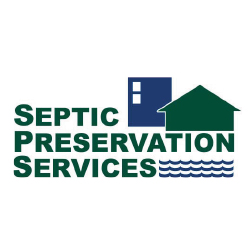 5/26/16 Septic Preservation Services is looking for a new team member to expand our team. This team member will perform title 5 septic inspections, septic repairs, septic installations, and routine septic services throughout Massachusetts and Rhode Island. While based in Norton we do service customers in Dennis, Plymouth, Rochester, Dartmouth, Seekonk, Swansea, Attleboro, Raynham, Taunton, Halifax, Marshfield, Franklin, Charlestown, Chepachet, Cranston, Smithfield, Jamestown, and all other towns throughout this region. Call us at 877-378-4279 or visit www.septicpreservation.com
5/26/16 Septic Preservation Services is looking for a new team member to expand our team. This team member will perform title 5 septic inspections, septic repairs, septic installations, and routine septic services throughout Massachusetts and Rhode Island. While based in Norton we do service customers in Dennis, Plymouth, Rochester, Dartmouth, Seekonk, Swansea, Attleboro, Raynham, Taunton, Halifax, Marshfield, Franklin, Charlestown, Chepachet, Cranston, Smithfield, Jamestown, and all other towns throughout this region. Call us at 877-378-4279 or visit www.septicpreservation.com
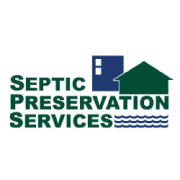

 What is most often to blame for Septic System Failure?
What is most often to blame for Septic System Failure?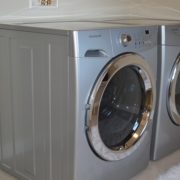
 Most fabric softeners can have a negative effect on a septic system, but there are better alternatives.
Most fabric softeners can have a negative effect on a septic system, but there are better alternatives.